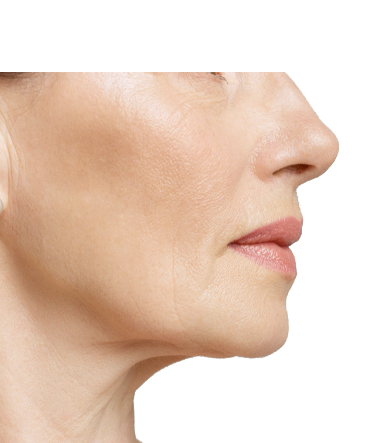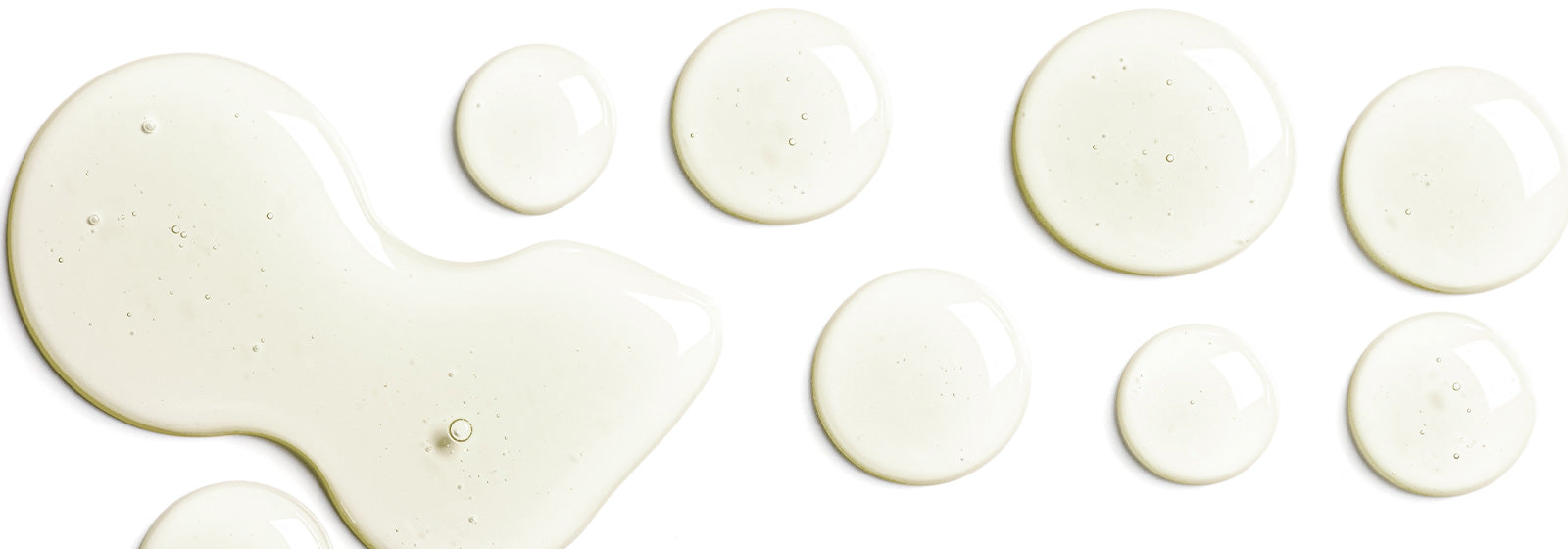
What is Vitamin A
Vitamin A, a fat-soluble vitamin, encompasses a group of compounds known for their vital role in maintaining healthy skin. Two forms of vitamin A are commonly used in skincare: retinoids and carotenoids. Retinoids, such as retinol and retinoic acid, are derived from animal sources and are known for their potent effects on skin health. Carotenoids, like beta-carotene, are found in plants and are converted into vitamin A within the body.
Skin Benefits of Vitamin A
Vitamin A can offer a wide array of skin benefits. Its primary role is in promoting skin cell turnover, which helps in reducing the appearance of fine lines, wrinkles, and age spots. Vitamin A is also known for its ability to unclog pores, making it effective in treating and preventing acne.
It can improve skin texture, stimulate collagen production, and even out skin tone. Additionally, it has antioxidant properties that protect the skin from free radical damage, delaying signs of aging.
Why Use Vitamin A
Incorporating vitamin A into your skincare routine is beneficial for addressing various skin concerns. It's particularly effective in targeting signs of aging, such as fine lines and wrinkles, making it a staple in many anti-aging products. Vitamin A is also valuable for individuals dealing with acne or uneven skin tone, as it can help clear and brighten the complexion.

FAQ
Who is Vitamin A best for?
Vitamin A is best suited for individuals concerned about signs of aging, acne, or uneven skin texture. It is also valuable for those looking to maintain healthy and youthful-looking skin.
What to consider before using Vitamin A
Consider your skin type and sensitivity. Some forms of vitamin A, like retinol, can be potent and may cause irritation, especially when first introduced into a skincare routine. Start with lower concentrations and gradually increase.
Can vitamin A be used daily?
Yes, vitamin A can be used daily, but the frequency and concentration should be adjusted according to your skin's tolerance. Some may start with every other day application and increase as their skin adapts.
Is vitamin A safe during pregnancy or breastfeeding?
Some forms of vitamin A, especially retinoids, should be avoided during pregnancy and breastfeeding due to potential risks. It's advisable to consult with a healthcare professional before use in such cases.
How does vitamin A interact with other skincare ingredients?
Vitamin A can be effectively combined with other skincare ingredients like vitamin C and hyaluronic acid. However, be cautious when using it with strong acids or exfoliants to avoid over-sensitizing the skin.
Can vitamin A make the skin more sensitive to the sun?
Yes, vitamin A can make the skin more sun-sensitive. It's crucial to use sunscreen during the day when using vitamin A products to protect the skin from UV damage.
Vitamin A is a powerhouse ingredient in skincare, renowned for its anti-aging, acne-fighting, and skin-smoothing properties. When used appropriately and with consideration of individual skin needs, it can contribute significantly to achieving healthier and more youthful-looking skin.
Arianna Skincare: Harnessing Nature, Unleashing Brilliance
